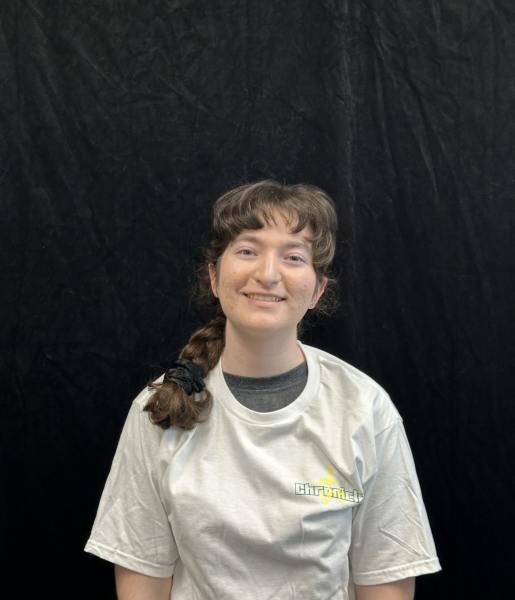90 percent of the people I know are addicted to solving problems. Whether it be finding a cure for cancer or discovering a new mathematical equation, they’ll never stop until they’ve drawn first blood with their pristine daggers of intellect.
Don’t get me wrong—my favorite people are science and math nerds. But that doesn’t mean their sonars-for-brains are perfectly attuned to the atmosphere and all that goes on inside it.
Not all problems can be solved. Sometimes, it’s easier to create them.
That’s the secret kept well hidden within the hearts of the rare 10 percent, like a small wooden splinter that threatens to fracture all their functioning with a sudden puncture.
In today’s world, they’re better known as creatives.
And I would know. I’m one of them.
No, we’re not the ones responsible for cataloging plants in uncharted territories. We’ve never had the chance to welcome a new life into the world, take it into our hands, and be the first person to feel their chest inflate as they take their first breath. But that doesn’t mean our work is any less meaningful.
Our work can skyrocket to heights where even birds falter. And when that work is so powerful it’s capable of being absorbed into the very fiber of a soul, it’ll erupt like a thousand pop rocks all at once.
Your skin may still look the same when you stand outside in the sun, but your insides, the most guarded yet ginger of places, will have undergone a cataclysmic shock so large your very foundation has eroded to be reborn anew. To be reborn better.
Delivering that kind of potency to the most obstinate of objects never comes for free, though. It comes with a price so steep it threatens to tear its author apart.
That right there is the greatest literary paradox. Both blessing and curse.
The best ideas never come easily. Breaking down and building up a soul is a remarkable feat, so the task will and must always bear immense weight. They don’t come like the incoming stream, whistling softly to gently greet humble passersby.
Instead, picture a thunderstorm only you can hear beating your eardrums into submission, lightning sizzling in front of your glazed eyes, preparing to snap your very being in half when it strikes if you refuse to heed its call.
Once the turbulent waves bash in your brain’s toughest fortifications, or more accurately, seep in through the tiny cracks you forgot to seal until you’re overflowing with hypotheticals.
After these hypotheticals have spent enough time swirling around, they begin to take shape. They’re molded into the “greatest” spectacles of imagination.
When the world falls silent, my mind starts setting up the spectacle. The crimson-stained curtains are drawn away, revealing either the most beautiful fantasy, or the most gruesome nightmare.
The problem with an overactive imagination is that it never sleeps. It’s always churning. It acts like a fortune-teller, serving to me a dish combining all the worst atrocities that very well could obliterate society if they came to pass. I’ve seen countless scenes play out in my mind, starting with famine and ending with the death of an entire species.
I’ve often woken up in cold sweats as electricity shocks my spine, catapulting me back into reality. The bitter taste still lingers, beckoning me to shut my eyes and return to the scene of the crime. And the most devastating part is, sometimes I do.
But when I don’t, I lay awake for a while. I stare at my bedroom ceiling shrouded in darkness. A warm tear rolls down my cheek as I realize I’m all alone at this moment. I wonder if my mind, my soul, and my power will turn my brief loneliness into a lifetime of isolation.
I wonder if I’ll ever find love. Or am I solely destined to be a solitary creature in self-imposed exile?
Then I remember.
Then I remember what my imagination is for. It wasn’t designed to plague me with storms, but to gift me the rainbow of epiphany quickly following suit.
My power may give me pain, but it also gives me hope.
Allow me to amend my previous statement. We don’t create problems. We create puzzles that lead the weak to strength. The fearful to courage. The solemn to solace.
All the answers are written on the page. You just have to learn how to perceive it.
Such is the true greatest literary paradox.


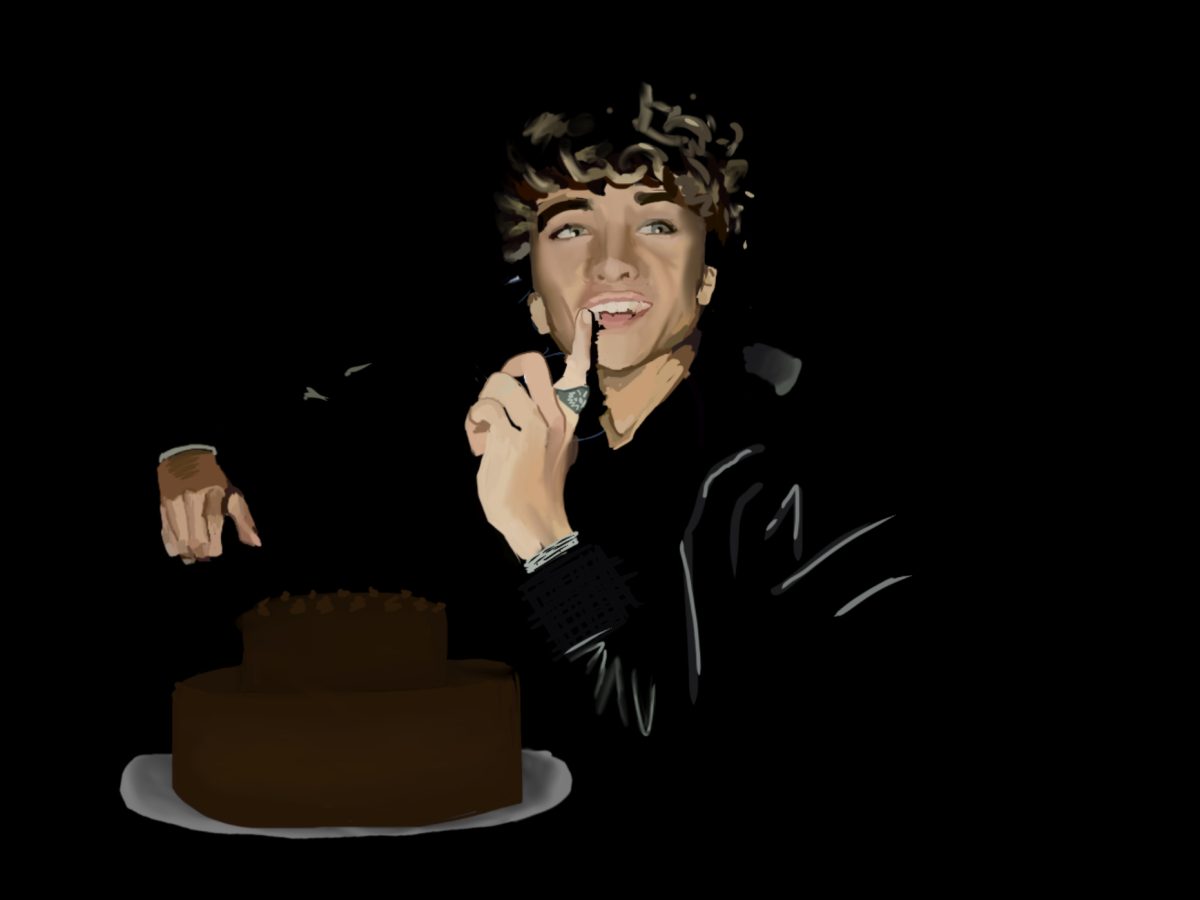

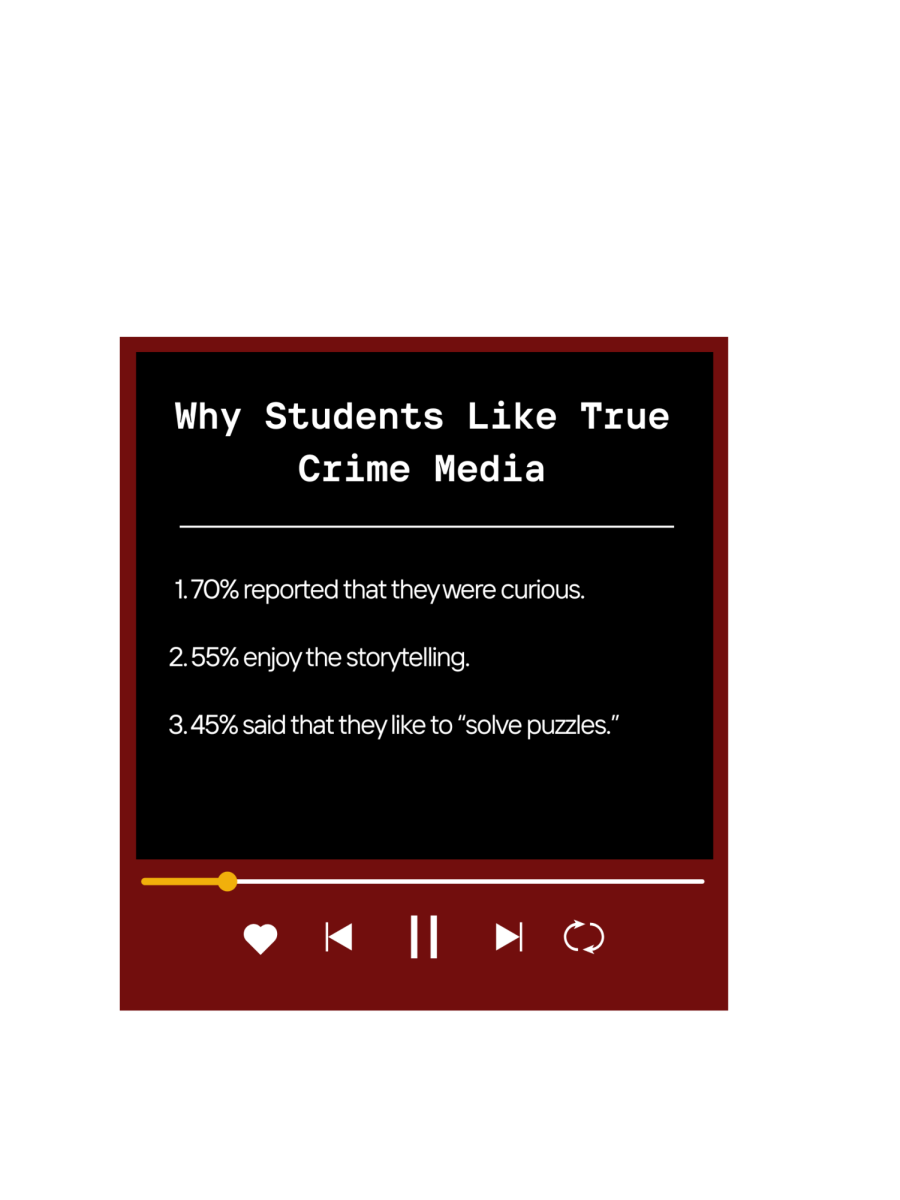
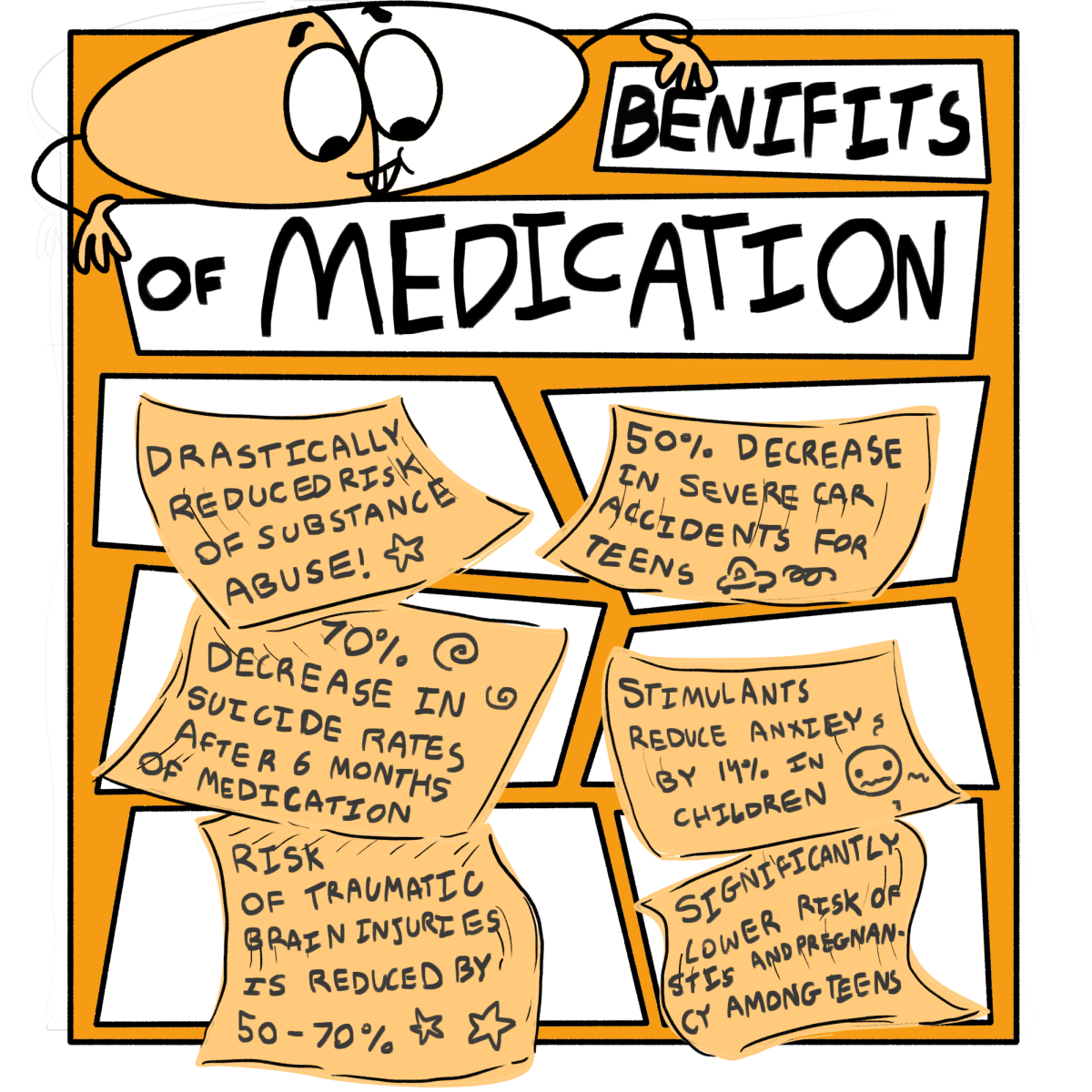
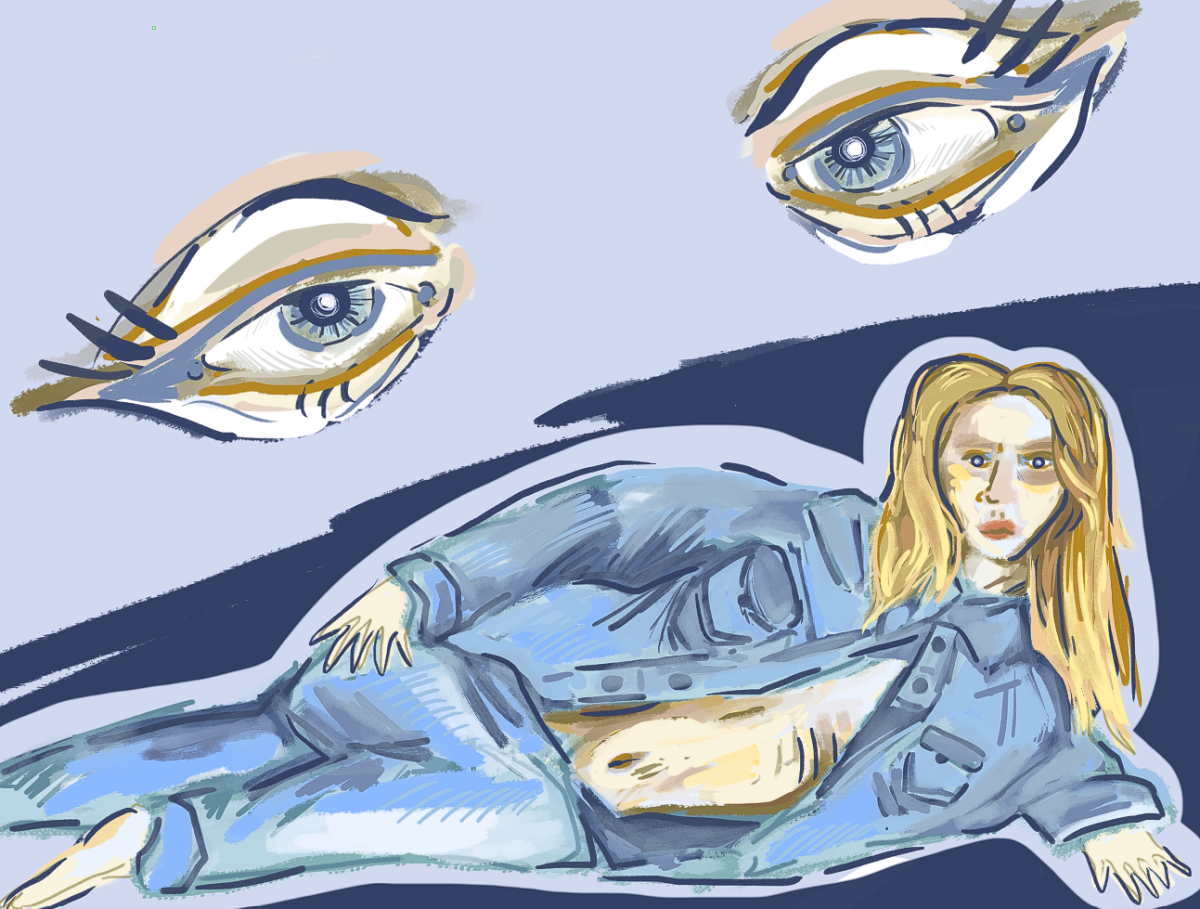

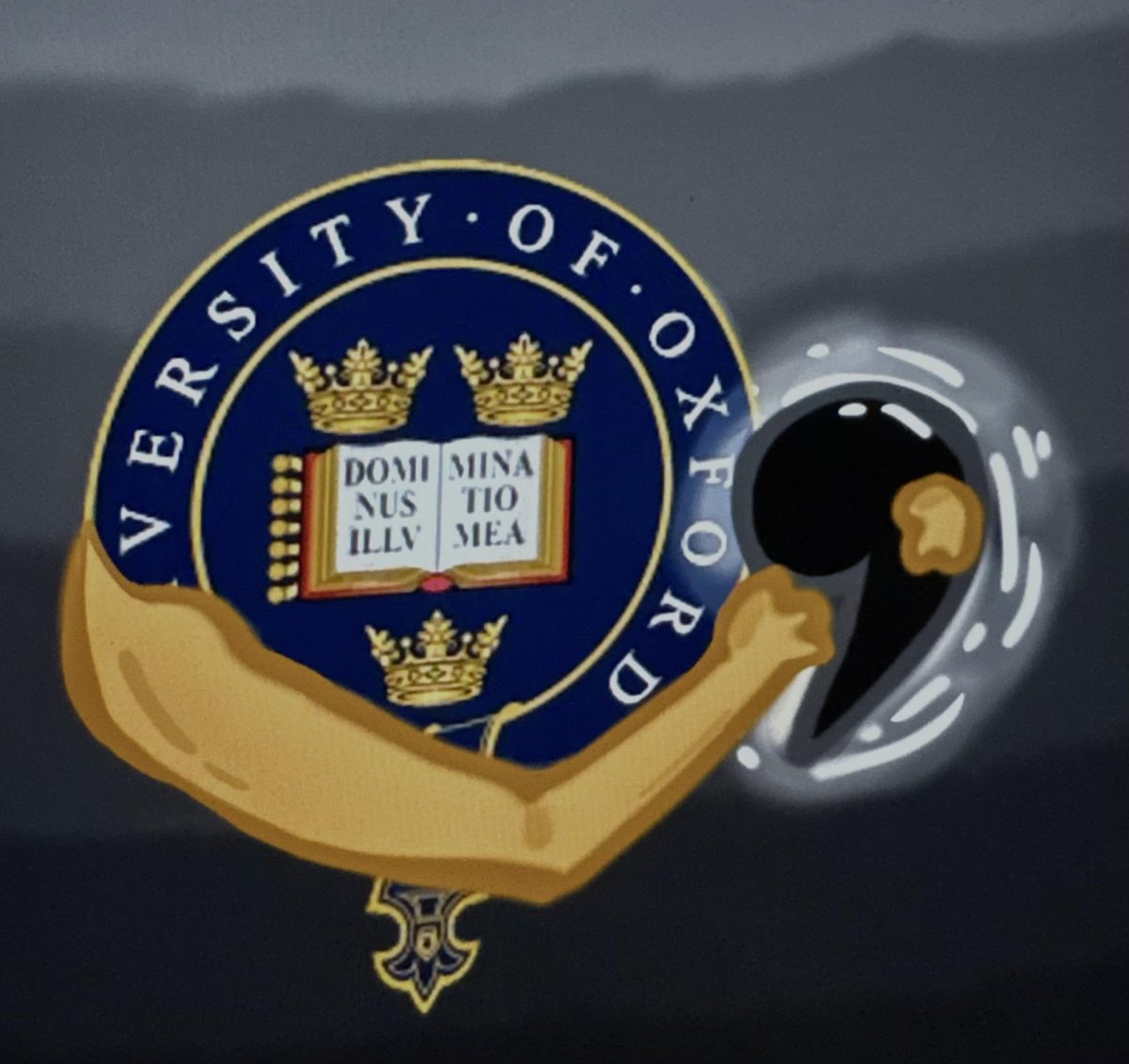

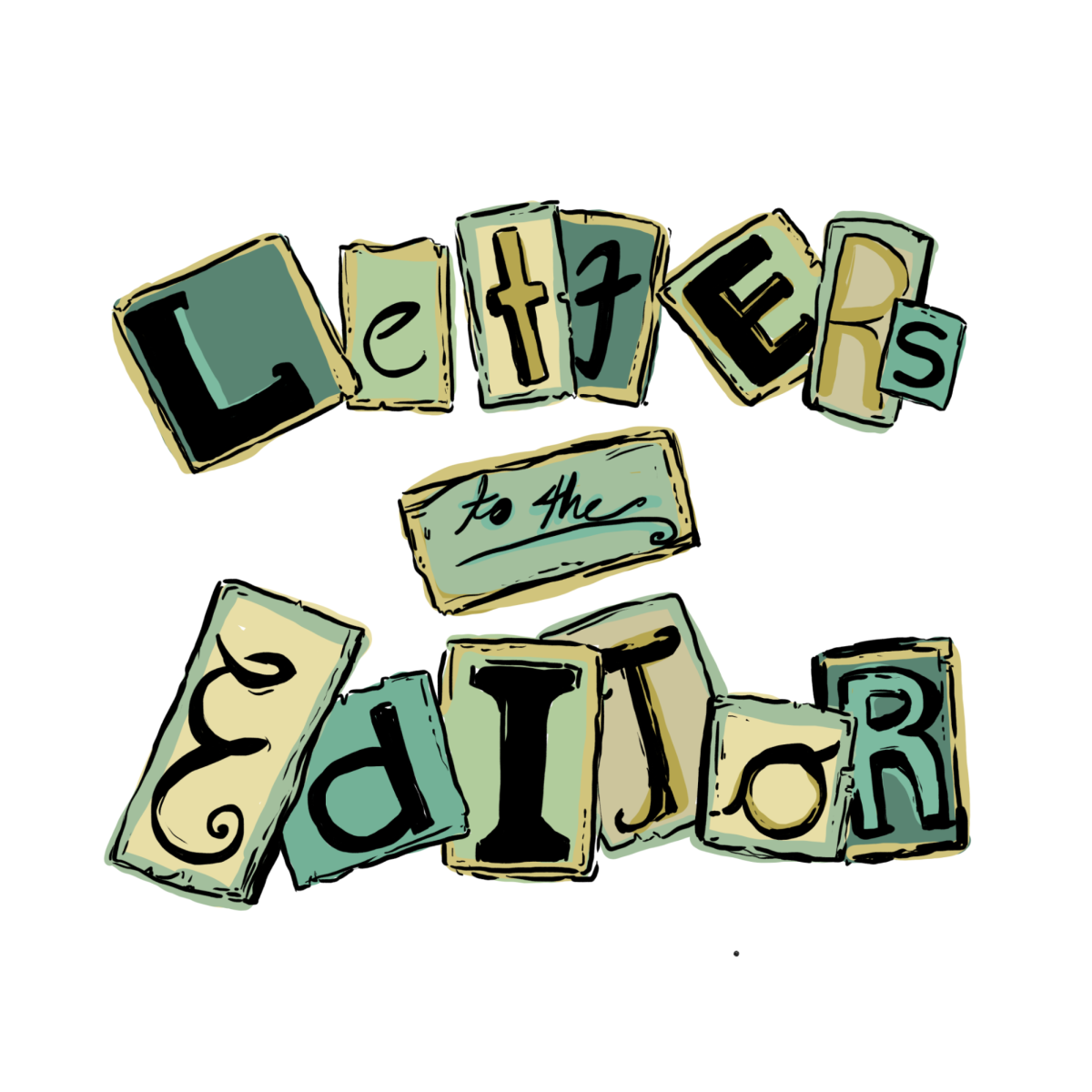




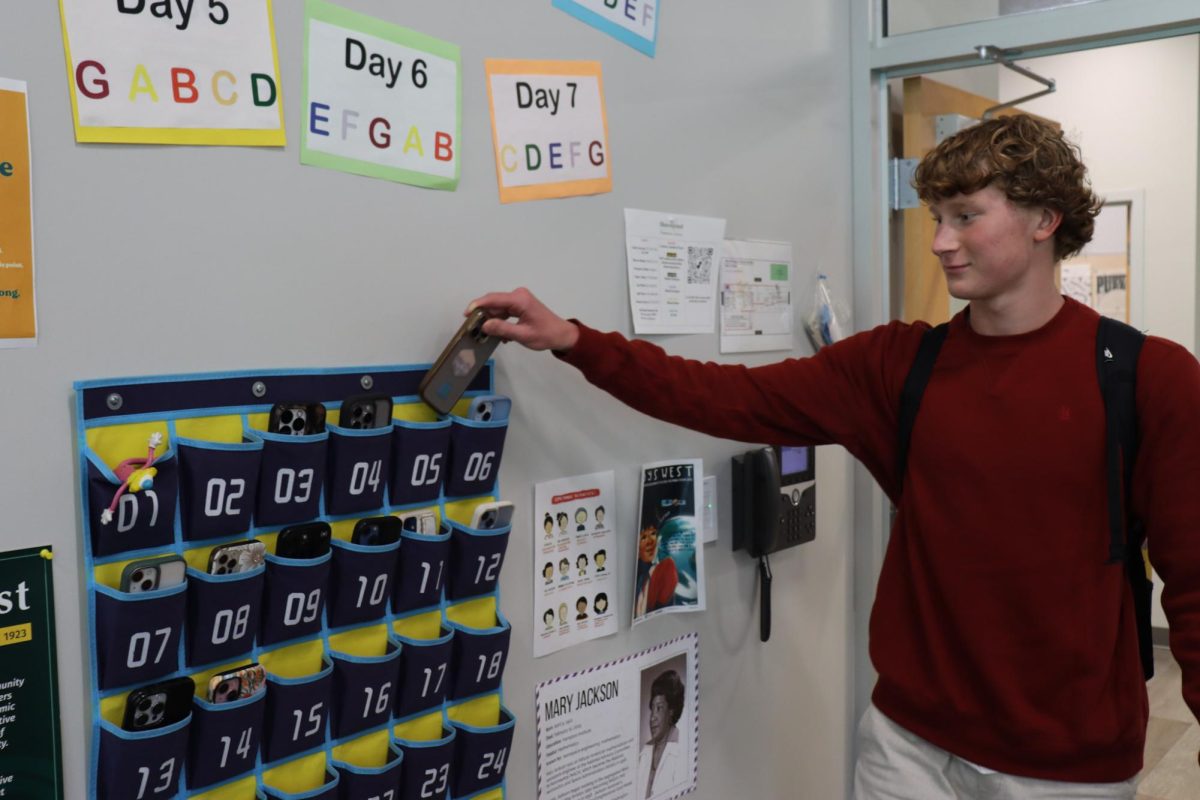

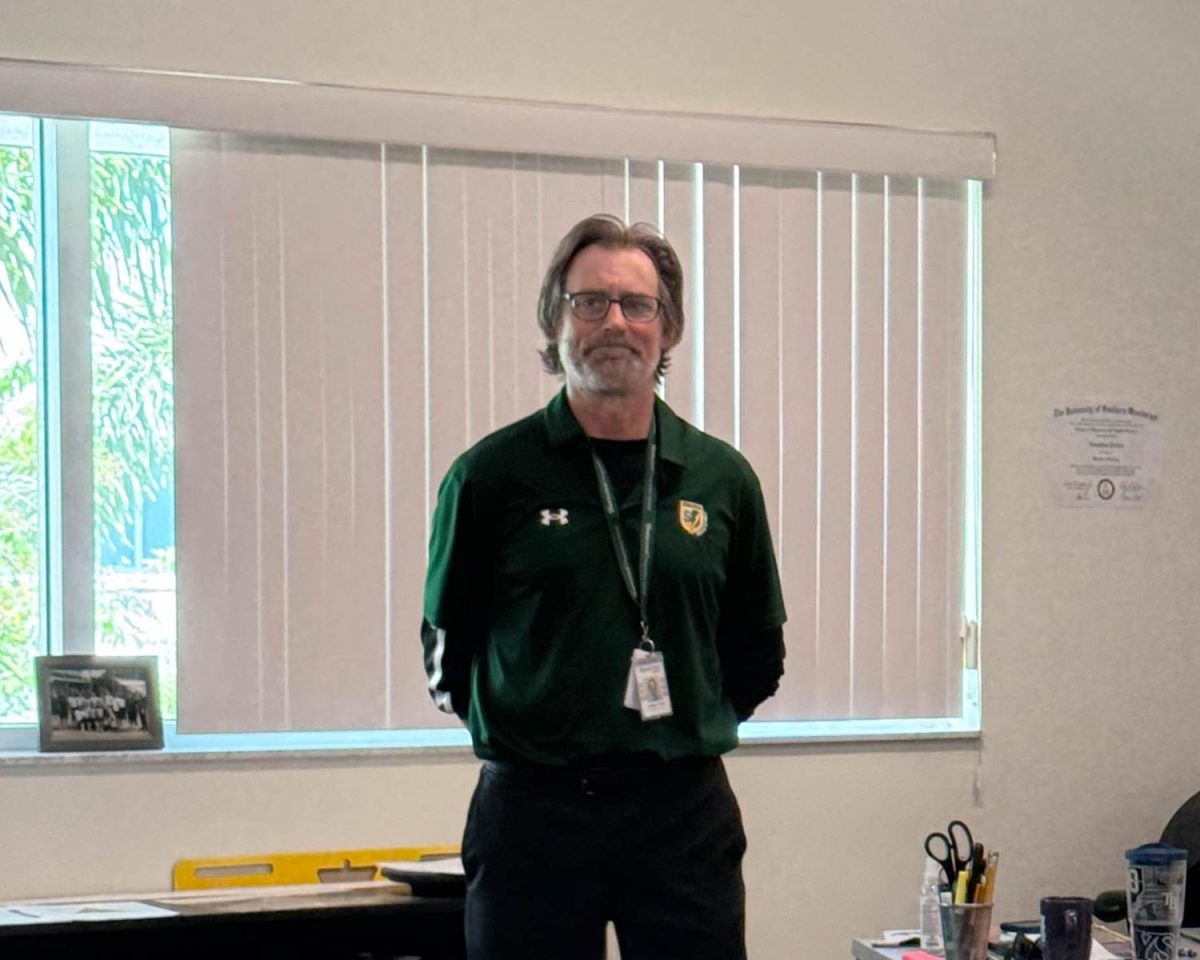
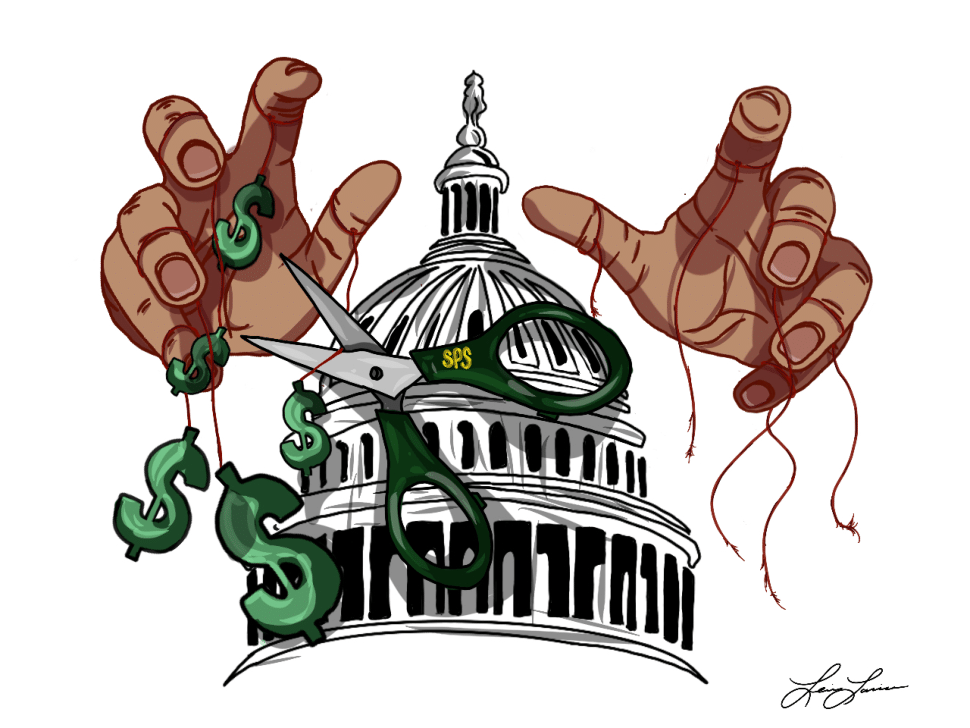

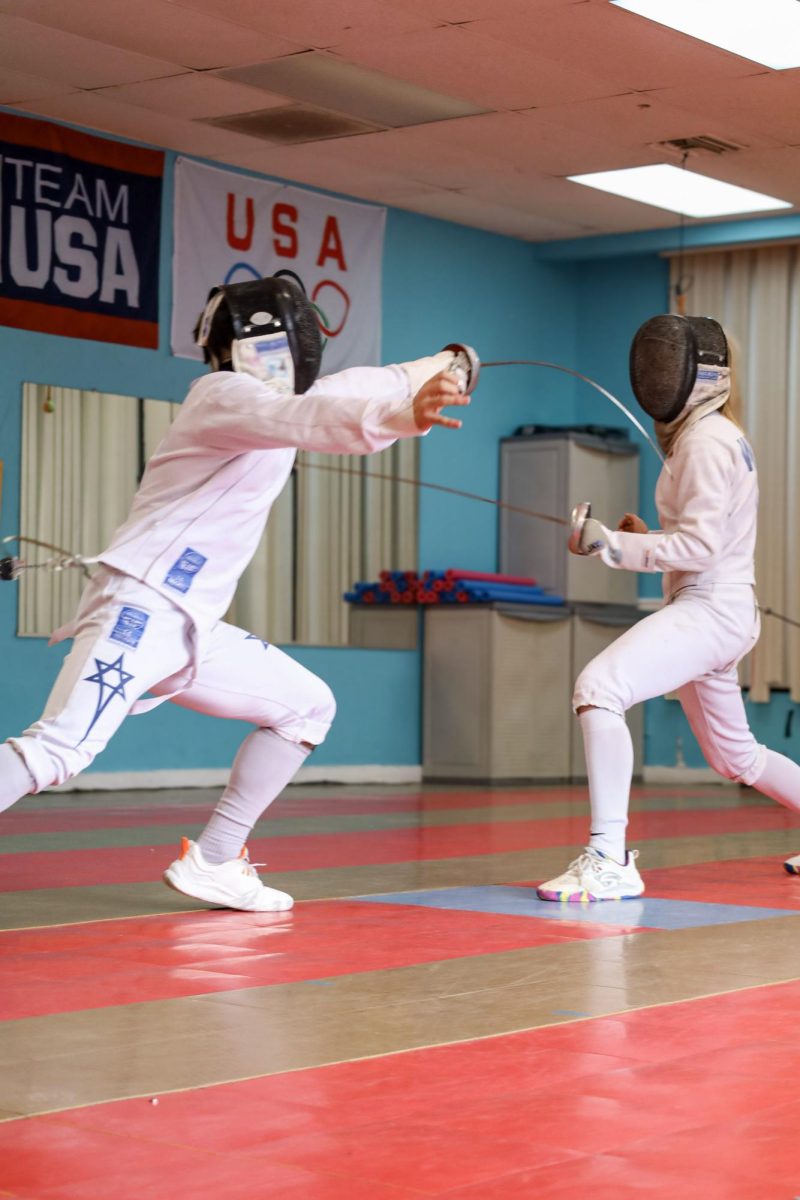
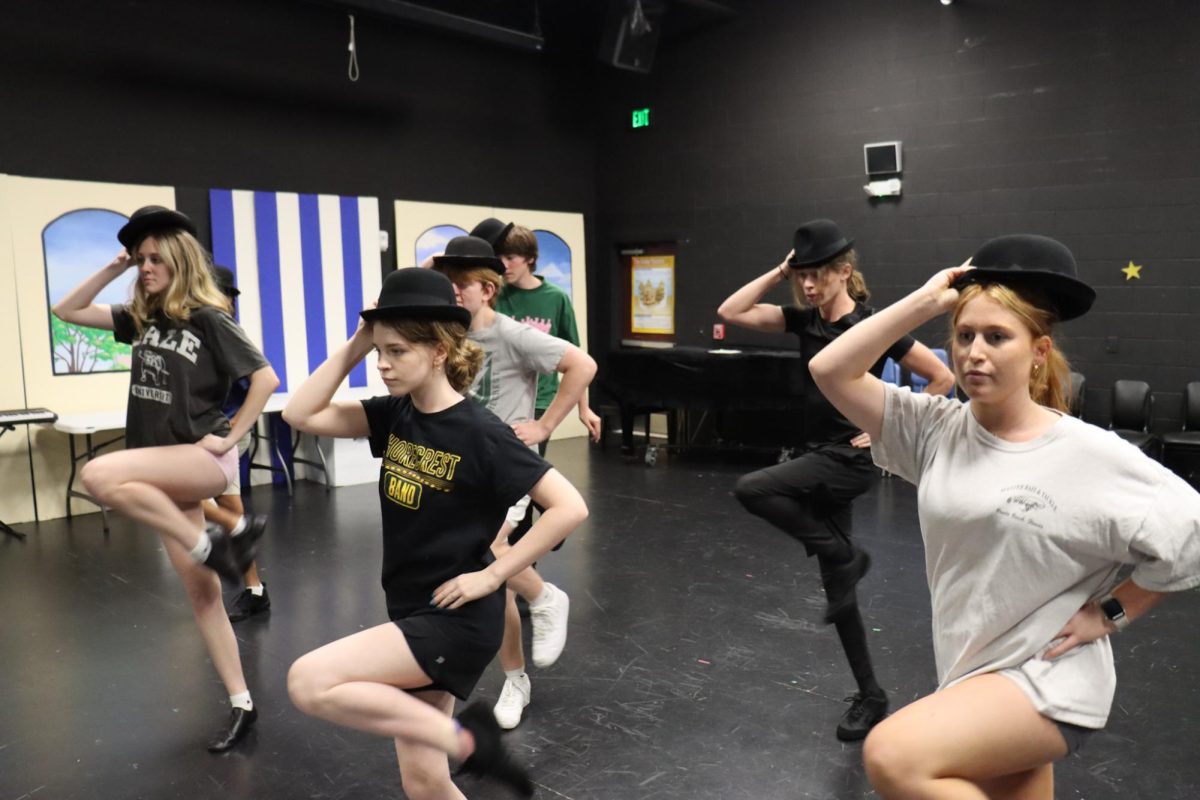
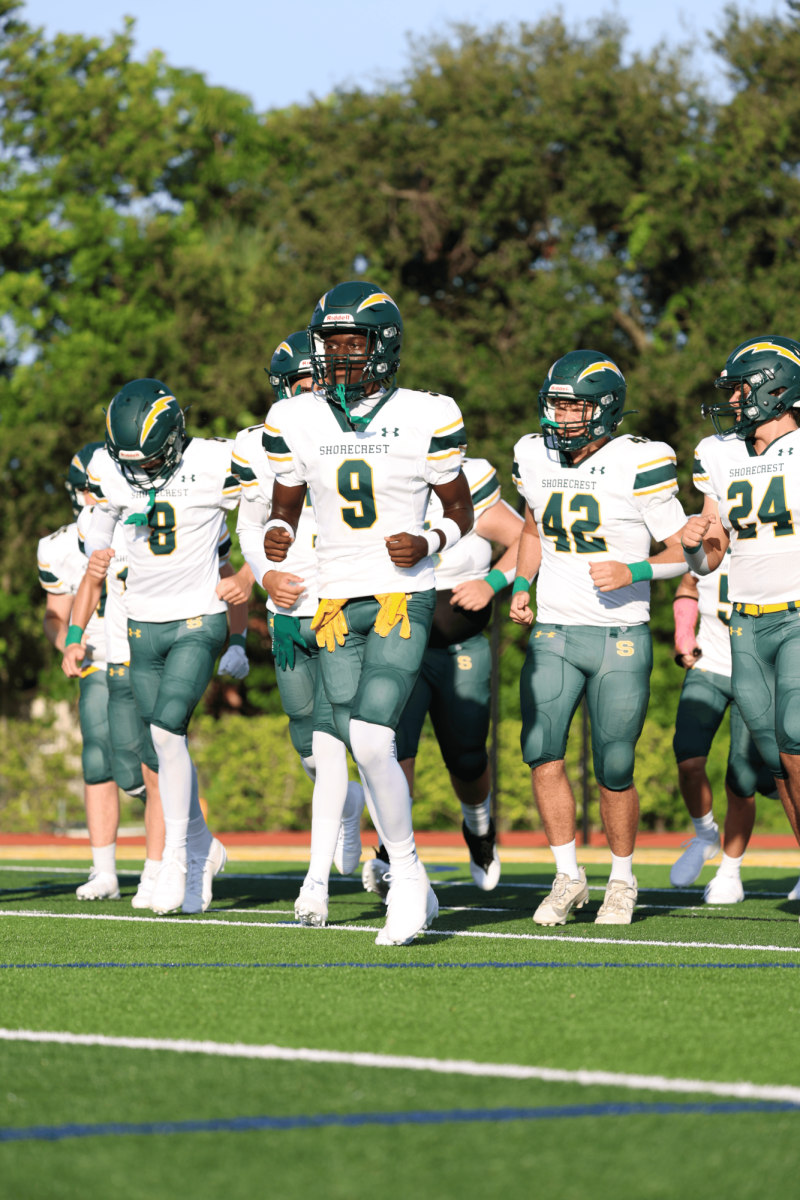











![Thespians pose on a staircase at the District IV Thespian Festival. [Front to back] Luca Baker, Maddison Cirino, Tanyiah Ellison, Alex Lewis, Summer Farkas, Jill Marcus, Ella Mathews, Sanjay Sinha, Isabella Jank, Sofia Lee, Boston Littlepage-Santana, Sally Keane, Tyler Biggar, Tanner Johnson, Jasper Hallock-Wishner, Remy de Paris, Alex Jank, Kaelie Dieter, and Daniel Cooper. Photo by Michael McCarthy.](https://spschronicle.org/wp-content/uploads/2024/12/image1-900x1200.jpg)









